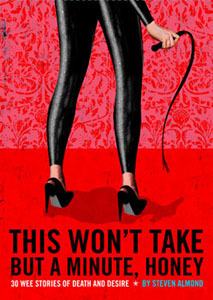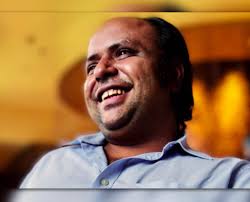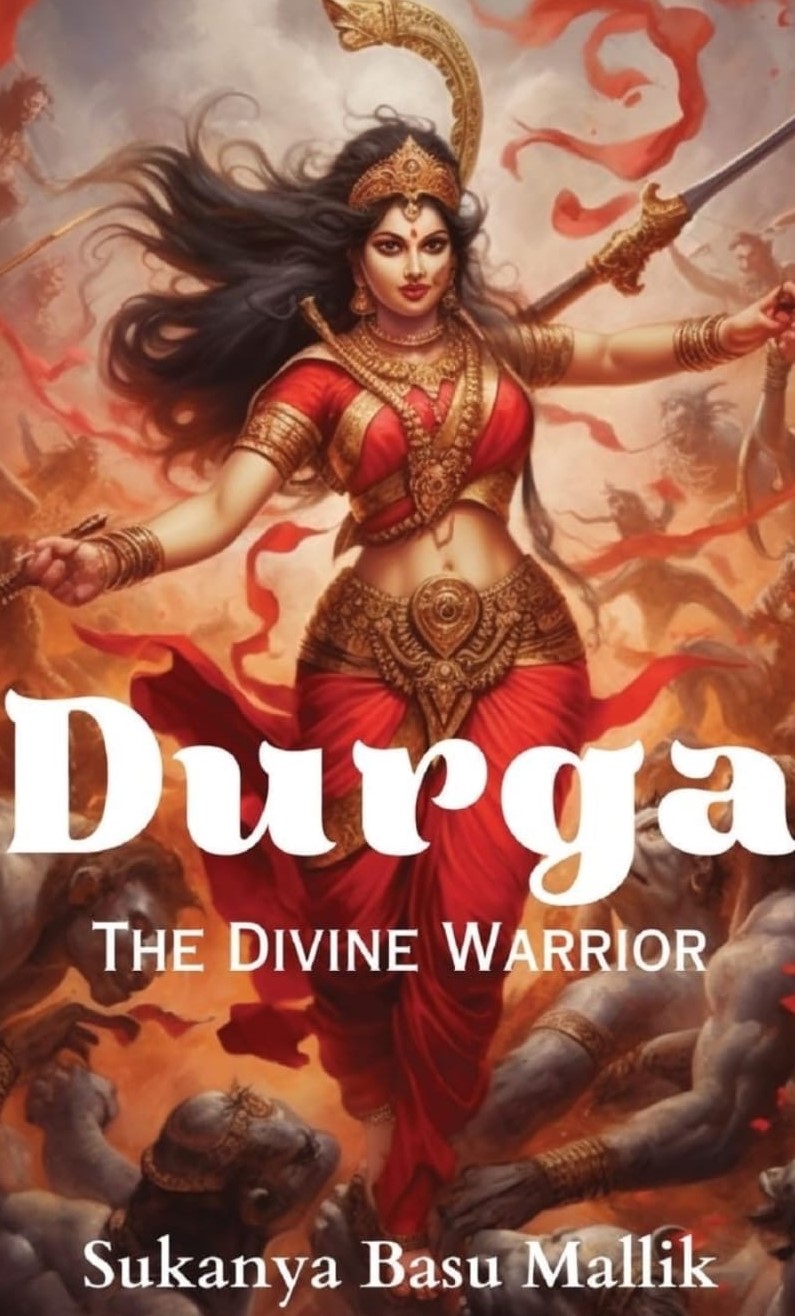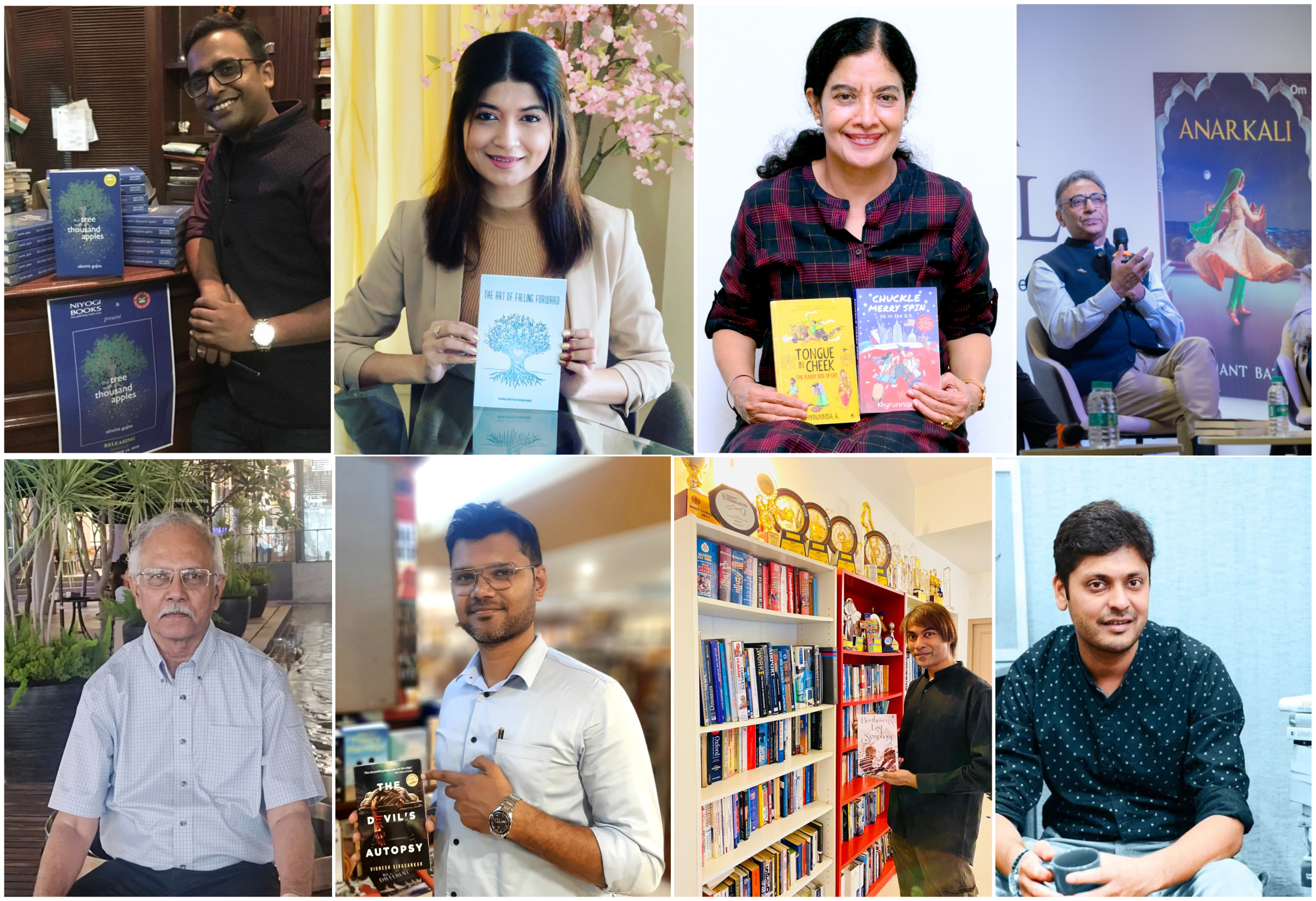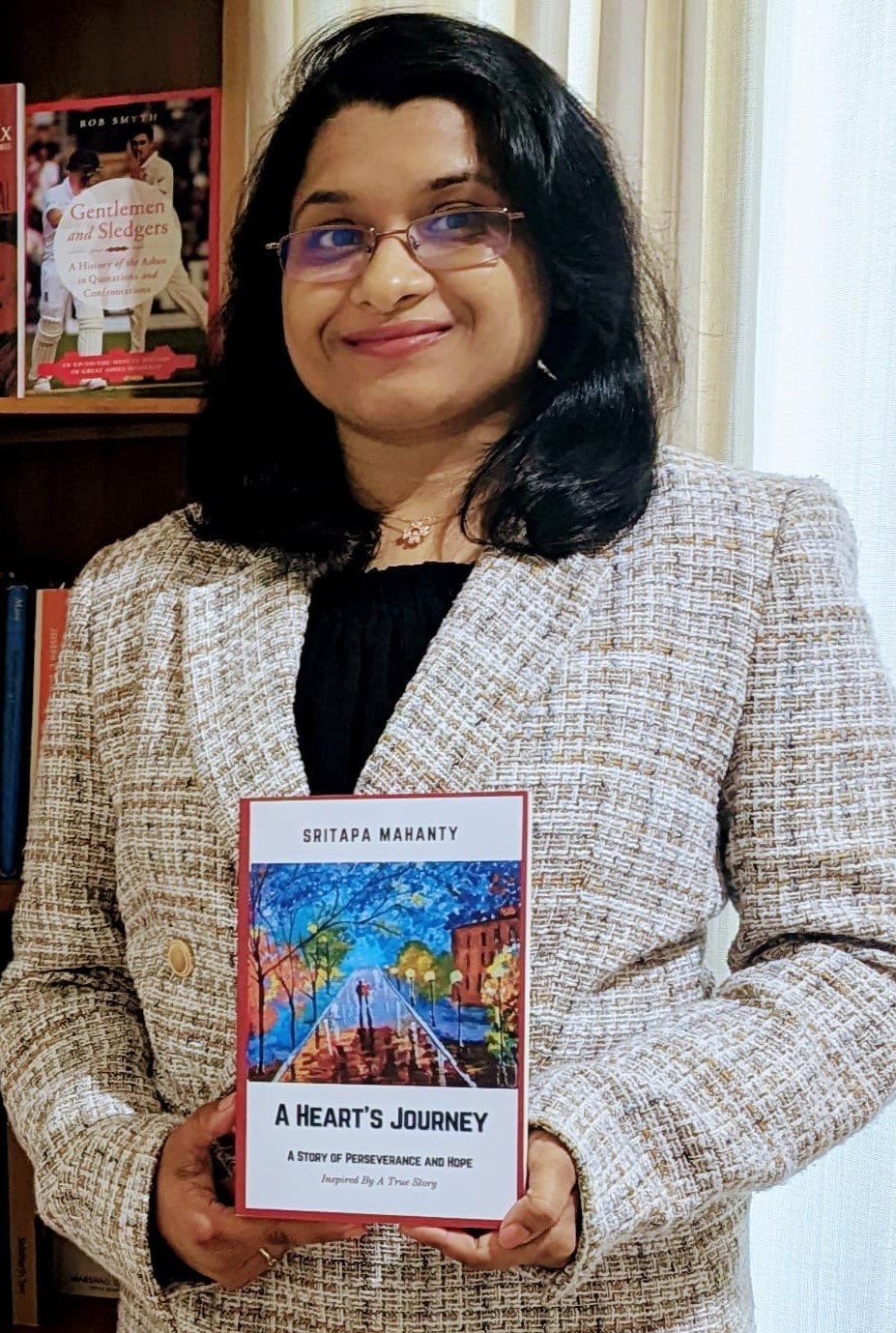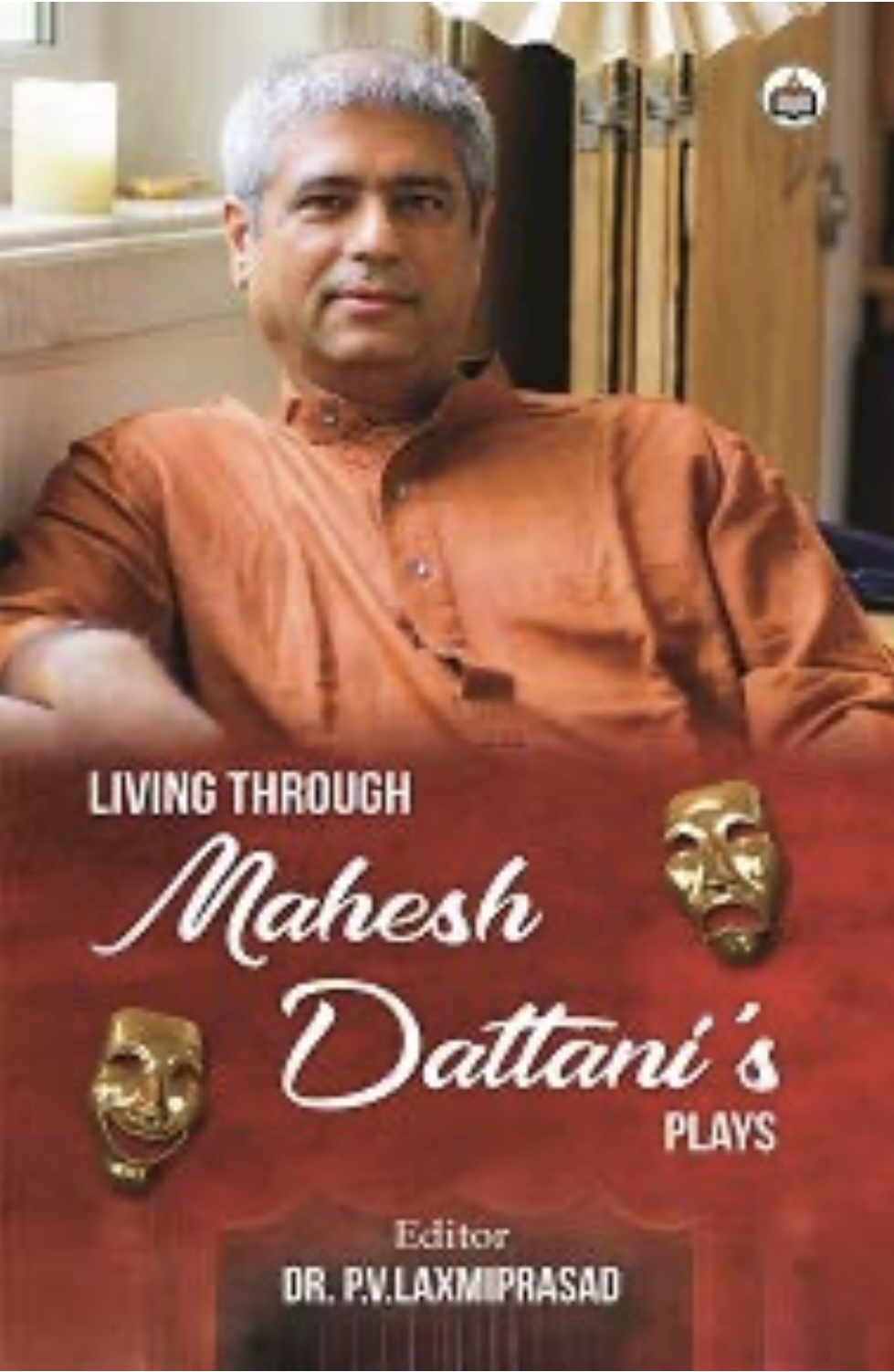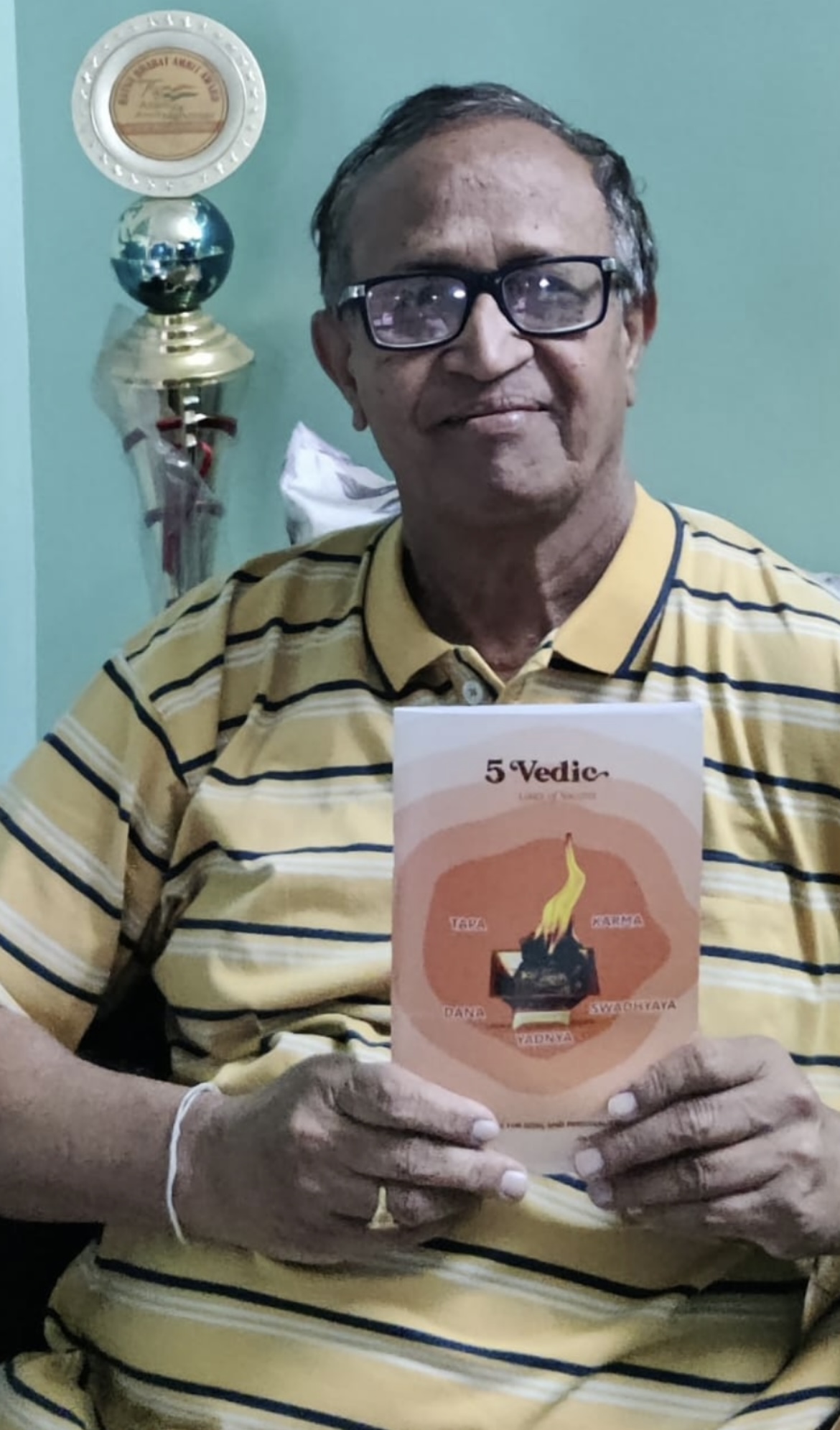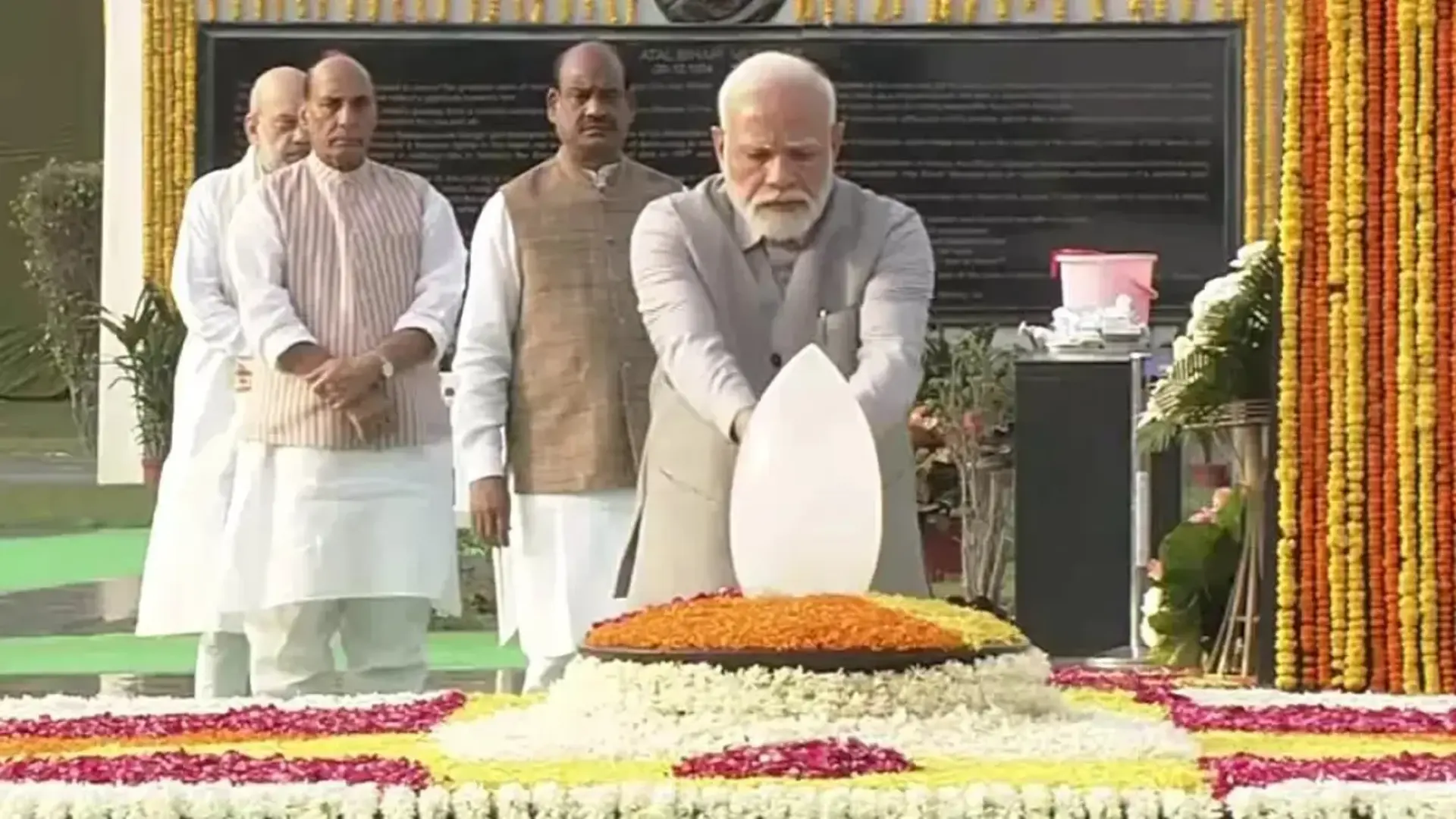This Won’t Take But a Minute, Honey, essays on writing by Steve Almond is a very flavorful set of small plates, each tempered with humor and just a little bit of angst. Almond, in his role as a teacher of Creative Writing in an MFA program, has pulled the nuts out of convoluted walnuts and presented them in a neat little bowl. This is a seventy eight page, self-published gem that is notoriously difficult to locate and buy. You can order it from Harvard Book Store or you can buy it directly from the author if you can find him.
The volume is filled with advice for the young writer, numerous short essays and in some cases, a simple single line on a page. Most ideas are probably applicable to any writer but I came away with six nuggets that I believe matter most.
1. Writing is Decision Making– Right from the genre, to what you want to write about, to your choice of characters, to the extent to which you want to show their suffering, to how much of yourself you want to reveal through your writing, all decisions that will influence what you produce.
2. Never confuse the reader– Young writers tend to over complicate a story or rush through important parts or regurgitate elements from secondary sources, ostensibly to hold the reader’s attention. Almond’s advice is straight forward enough but it takes multiple iterations and revisions to really understand what not to do in your writing in order to keep the reader from getting confused.
3. Show us the Gun- Also referred to in the book as Suspense vs. Surprise, is a piece of advice that can be at odds with what writers think readers want. Young writers have a strong tendency to appear mysterious in their writing not realizing that the ‘how’ and ‘why’ something happened are as or more important in a story as the ‘what.’
4. Love your characters at all times– Writers must first know their characters and then love them, intimately and completely. Only then can writers know what will make their characters suffer or laugh or cry. If writers are unable to do this, they will not be able to convince their readers of the extent of trouble that their character is really in or whether an event makes their character very happy or very sad or feel nothing at all.
5. Write stories,not outlines– Young writers tend to dwell on events rather than shapingcharacters so that they make decisions and a story develops.
6. Voice is what emerges when you stop performing– All young writers tend to show off in their early work, to put everything and more on the page, to weave intricate sentences that sound beautiful but do nothing to move the story forward. Almond’s point is that we must set aside all the performance and write without pretensions, for that is when our writing begins to sound real and to, hopefully, resonate with the reader.
Steve Almond’s short but cogent writer’s handbook serves another important purpose. By presenting the realities of being a fiction writer – the low likelihood of ever being rich, the loneliness and the frustration of writer’s block, Almond is quite directly stating that writing is hard and his book also seems to be designed to discourage those whose heart really isn’t in the profession. ‘…Writing is basically flagellation, an undertaking that promises ecstatic release but mostly feels like torture. I will do anything to avoid writing. I hate every second of it. The only part of the process I like is having written, which I don’t think counts.’
Priya Hajela is the author of Ladies’ Tailor, published by Harper Collins India.

